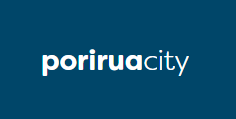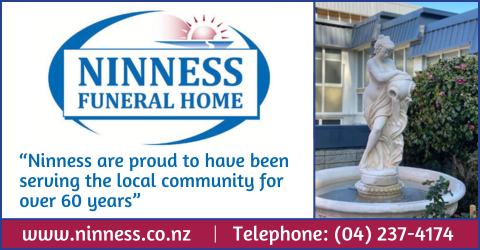
Nine councils in the Wellington region, including the Horowhenua District Council, have received a report recommending the creation of a regional water company to tackle significant water infrastructure challenges. This joint approach is proposed in response to the Government’s Local Water Done Well policy.
The Advisory Oversight Group, which includes elected members and Iwi/Māori representatives and is chaired by Dame Kerry Prendergast, has been leading the efforts to explore regional water service delivery. Councils are required to submit their water service plans to the Government by September 2025, with a decision on their preferred approach expected by the end of this year.
The recommended model involves forming a council-owned water utility that would take responsibility for all water services, including the ownership of assets, revenues, and liabilities. This company, operating similarly to a council-controlled organisation (CCO), would have greater control over investments, allowing for more efficient long-term planning. It would also bill water customers directly, with charges determined by the company’s board under the oversight of an economic regulator.
Dame Kerry highlights the urgency of addressing water infrastructure issues, with more than 20 percent of the region’s water assets in need of replacement. The investment required to update the infrastructure is estimated at $15-17 billion over the next 20-25 years, averaging $700 to $750 million annually.
“This is a critical moment for our region,” says Dame Kerry. “We all know the issues—old pipes, summer restrictions, and unsafe swimming spots. This investment is essential not just for fixing today’s problems, but for ensuring our future resilience.”
The Government’s new funding arrangements through the Local Government Funding Agency will provide additional debt funding opportunities if the councils choose to form a new water utility. This funding will support critical upgrades, housing growth, and the creation of local jobs.
The report stresses the importance of collaboration across councils, as challenges are widespread and long-term, with some issues already pressing and others anticipated in the future. By working together, councils can address the region’s water shortages, improve water storage, and enhance earthquake resilience, with up to 44 percent of the network potentially being replaced in the coming decades.
While this regional solution is recommended, it will inevitably lead to higher water charges, and various options for financing are being explored. The report highlights the need for careful consideration as councils prepare to make their decision on water service delivery.






























